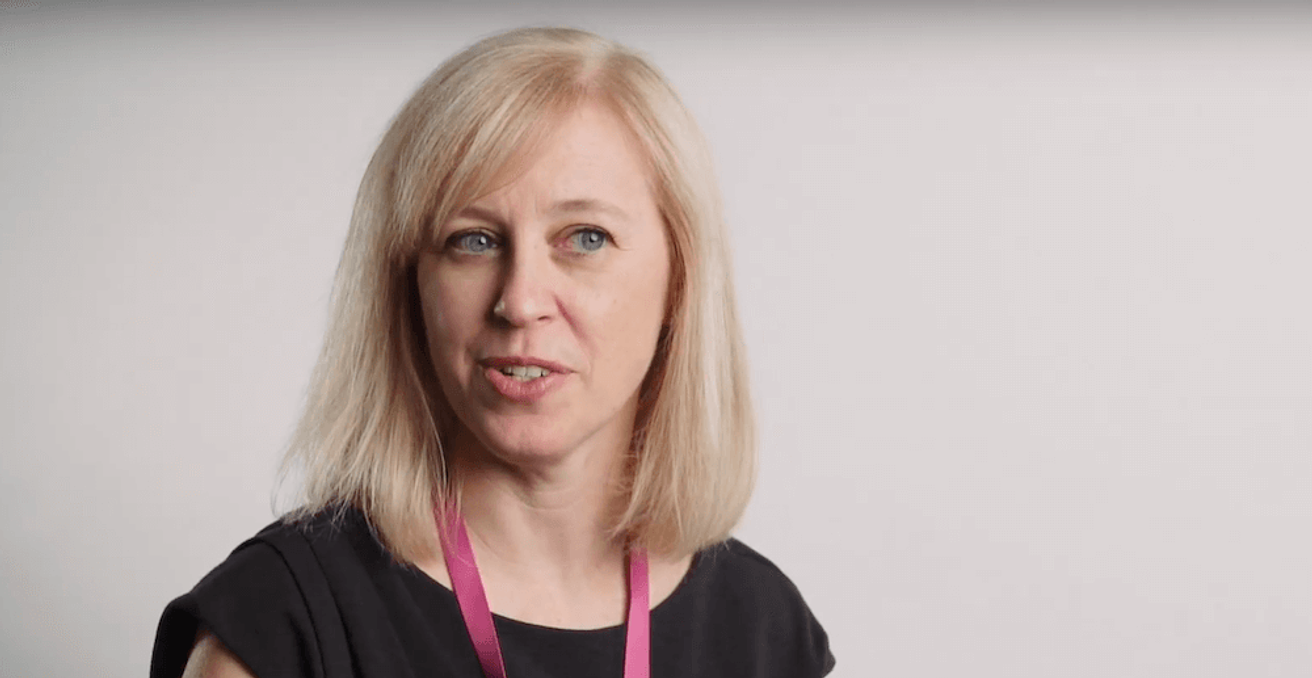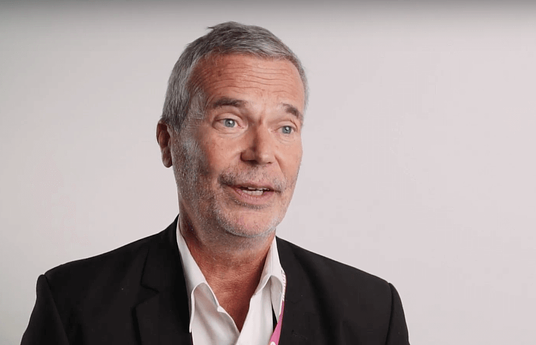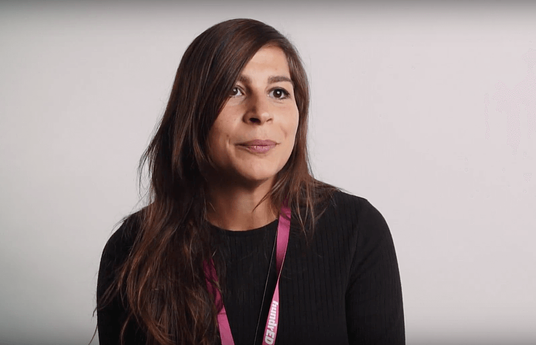The Luminos Fund is dedicated to ensuring that children denied access to learning through poverty, conflict, or discrimination get the chance to receive a quality education. We spoke to CEO Caitlin Baron about the Speed School, an initiative of the Luminos Fund, which has been part of every HundrED Global Collection so far.
Please introduce yourself and your innovation
I’m Caitlin Baron from the Luminos Fund, promoters of the Speed School Program. Luminos supports Speed School, which is a completely unique approach to reaching children who are otherwise forgotten by the education system. We work with children in some of the poorest countries in the world, who are 10 or 11 years old and have never been to school in just 10 months we help them cover the first three years of curriculum and then work with them to mainstream into their local village school together with children their own age.
How do you manage to condense the school curriculum and still keep it holistically rich?
In each of the countries we work, we recognize that we don't have a lot of time to help the children we support to get back up to speed. By age 10 or 11 in a place like rural Ethiopia, children are almost at the end of their childhood, they don't have a lot of time left in which to learn even the basics. So, we have to work quickly and we have to move quickly.
We cover the first three years of the curriculum in just one year and the way we do that is by creating a much smaller, more intimate classroom than a typical African classroom, allowing teachers the space and time to really individualize instruction for each child, to meet them where they are, to recognize that they have learned a great deal, even before they’ve arrived in the classroom, and the job of the teacher is to be able to build on the existing knowledge within each child. We also quite honestly run a really intensive programme, the kids themselves have to work incredibly hard and parents need to be committed to a really rigorous course of study, children are in class with us for full days 8 am - 4 pm and it’s a lot of hard work for them, for our teachers, and for parents. But it's a reflection of how committed the communities we serve are to the importance and potential of education, that everyone is willing to make that investment.
How can Speed School be used as a model to address poverty worldwide?
When we think about the impact of education work, we naturally think first and foremost about the impact for the children themselves and the fact that we at Speed School are able to help children to learn to read within just one year is a huge accomplishment, and obviously enormously empowering for those kids. But I think the level of impact that we sometimes miss is what that means for their families. So for children from the communities, in Liberia or in rural Ethiopia, that we serve, they are overwhelmingly the first member of their family to learn to read. Not too long ago I was with our program in Ethiopia spending time with one of our classrooms that's been running for some time. We had a wonderful opportunity to meet with the mothers of all the children in the class and I had the chance to ask them (we’re about two-thirds of the way through the school year) how many of you in this group does your child read more today than you do? And it was stunning and humbling to see every single hand in that group go up. So I think as educators in low resourced communities like Liberia, like Ethiopia, I think it’s so important for us to recognize the power of literacy, not just for the children we teach, but for the families that they’re a part of.
What is the biggest challenge facing education right now?
In the last twenty years, the education sector has made extraordinary progress in enabling more and more children to get a basic education. In fact, between the year 2000 and 2007, there was a 40% reduction in the number of children around the world who miss out on school. The challenge is that in the last 10 years, since 2007 there’s been literally no further progress. So we’ve flatlined as a global sector, we’re not getting any better at reaching the hardest to reach kids. Yet we know it’s possible. Reaching that last 10% of children who are still excluded from school, however, will require clear strategies and focus on innovation and that’s really the mission of the Luminos Fund.
The next 100 years of education should…
The next 100 years of education should make basic literacy and numeracy possible for every single child, not missing a single one.
To know more about Speed School, check out their innovation page!


